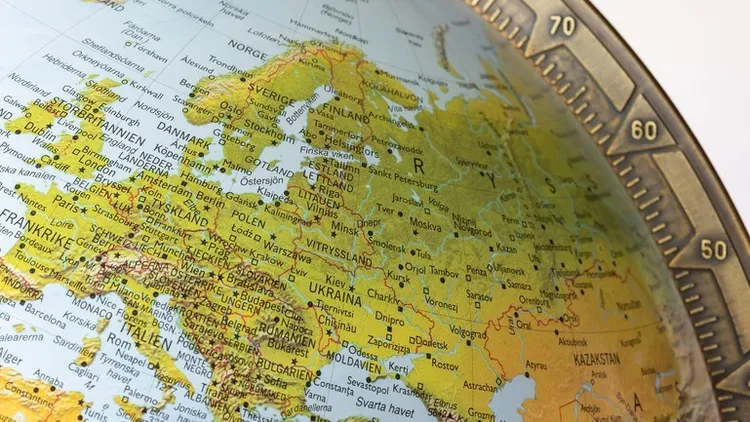Art and knowledge in synergy: how the Art Initiative and Hamrin Foundation shape future decision-makers


For more than a decade, the phenomenon of 'democratic backsliding' has been the subject of extensive scholarly scrutiny. The term implies that authoritarian currents are spreading across the world at the expense of liberal democracy.
The contradictions between democracy and autocracy are one of the most important global societal challenges of our time. Yet, there is a systematic lack of knowledge about possible counterstrategies in cases where the development starts to go in the wrong direction, from democracy to autocracy. Such a development includes different kinds of events, which may appear vague, gradual and not strikingly destructive, but which together lead to the erosion of democracy in a country and eventually to its replacement by authoritarian rule. This project aims to gain knowledge and insights by studying the experiences of such turning points in countries that are authoritarian today but have relatively recently undergone a different evolution. What were the early signs of democracy turning into dictatorship? “Canaries in the coalmine” is a strong and somewhat overused metaphor, but here it is justified: when could one see the early signs of the birds being unwell?
For more than a decade, the phenomenon of 'democratic backsliding' has been the subject of extensive scientific scrutiny. The term implies that authoritarianism is spreading across the world at the expense of liberal democracy. Titles such as Steven Levitsky and Daniel Ziblatt's “How Democracies Die” (2020), Timothy Snyder's “The Road to Unfreedom” (2018) and Anne Applebaum's “Autocracy, Inc.” (2024) indicate what it is all about: the struggle between democracy and autocracy is one of the greatest global societal challenges of our time. In the light of this perspective, it seems very important to study “tipping points”, where it with hindsight seems probable that these were precisely the events when serious democratic backsliding started. Much valuable knowledge can be gained by systematically studying the experiences of environments and countries that are authoritarian today but which not too long ago had a different experience and had strong, even dominant, democratic elements: for example, Russia in the 1990s, Turkey and Hungary in the 2010s, and, by way of comparison, Georgia, which today (2025) seems unclear in terms of future development. Such an inventory of experience can be made with the help of media texts from these countries and time periods, and as a complementary source, interviews with journalists, media personalities and academics who are currently in exile in Western democracies. The insights can then be used as a warning system for countries where democracy, media freedom and academic freedom are being challenged.
The Hamrin Foundation has kindly given me a grant for one year to plan a larger multi-year research program along these lines. Ideally, it would include both Swedish and internationally active researchers, as well as professors, PhD students and postdocs. The goal is to write a research plan that will be attractive to other external research funders to support. The work includes taking stock of the state of research on signs of democratic backlash and tipping points in the media and academia in terms of content, political governance, disinformation, legal restrictions, and other factors and processes of relevance, more generally as well as in the countries concerned.
Bo Petersson is since 2010 Professor of Political Science and IMER at the Department of Global Political Studies (GPS). Since 2016, together with Professor Karina Vamling, he has been the director of the research platform RUCARR - Russia, Ukraine and the Caucasus Regional Research at the Faculty of Culture and Society. Among ongoing external assignments, Petersson is a member of the board of the Swedish Network for European Research in Political Science (SNES). Moreover, he is a member of the editorial board for the journal Communist and Post-Communist Studies, the editorial council of Nordisk Östforum, the Advisory Council for the European Centre for Minority Issues, (ECMI, Flensburg), and of the review college of the Research Foundation Flanders (FWO). He is also chair of the editorial council of Malmö University Press.
In 2017-2020, Petersson had several management assignments at Malmö University as Advisor of the Vice Chancellor on Postgraduate Education and Research Issues. Among other things, he was project manager for the external review of all research at Malmö University, ERA19. During the years 2012-2017, he was pro-dean at the Faculty of Culture and Society, and from February 2021, he is chair of the Hiring and Recruitment Board at this faculty. Previously, he worked for a total of 20 years at Lund University, where he defended his Ph. D. in political science in 1990, became an associate professor in 1999, was promoted to full professor in political science in 2006, and was, among other things, deputy director at the Center for European Studies (2005-2009).
